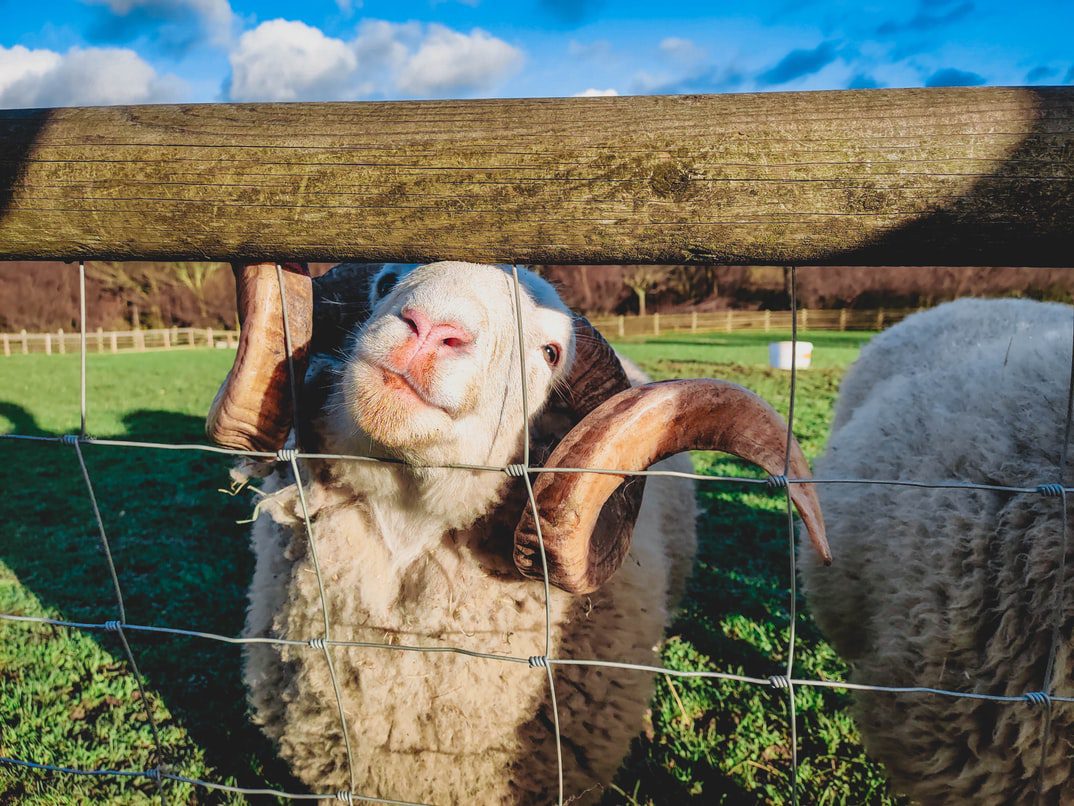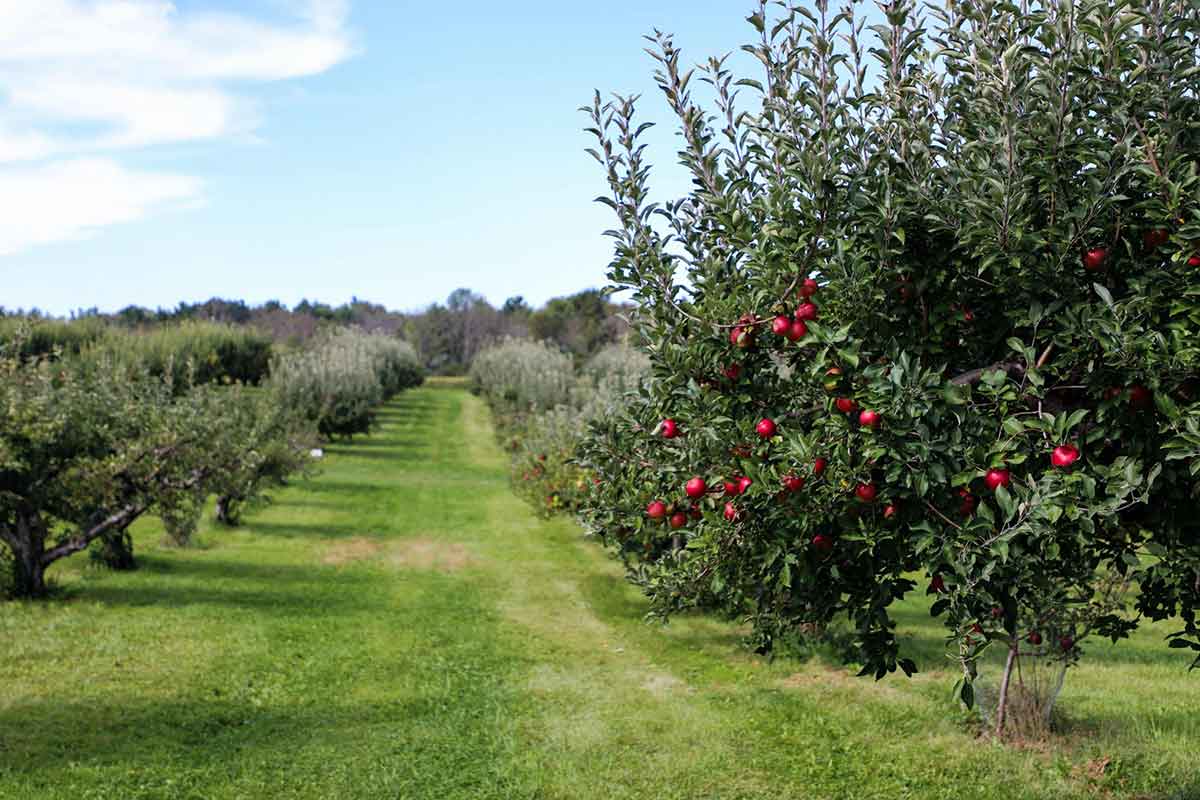Livestock are safe and cosy inside away from the elements. This means the upcoming winter months are a good time to carry out any essential repairs to fences and hedge lines around your paddock or smallholding. It is the ideal season to protect livestock by repairing fences. With fewer leaves on trees and hedges it is easier to spot any gaps or holes. Gaps that almost guarantee an escape route for lambs and piglets during the springtime!
We recommend installing a robust boundary fence and putting aside a budget each year for any repairs. One option is a post and rail fence with an electric wire running along the top. This discourages horses from rubbing against the fence and chewing it. Sheep netting is a final touch to keep small livestock inside. Another option is a post and wire fence with a wide mesh running along the top and a close wire mesh at the bottom.
When it comes to fence posts, solid oak or chestnut posts can last up to fifty years. However, they are dearer and increasingly difficult to source than pressure-treated softwood posts that require replacing every ten to fifteen years.
When you have your posts, you will need to position them at the right distance and depth. This usually involves installing straining posts in the ground up to a depth of one metre and supporting them with a stay or prop. Intermediate posts are required to keep the netting taut. Any change in direction adds strain to the fence. Therefore, aim to create as many straight lines as possible which will reduce the number of straining posts required.
A very worthwhile investment is the durable Winton Post Hole Borer. It makes light work of digging narrow deep holes for fence posts. Thus helping to make your fences more secure for years to come. When using a hole borer, aim to drill down in increments of 30cm. Then raise the blade each time to avoid clogging it with soil so it becomes too heavy to raise or gets stuck in the hole.
Whilst you’re installing or repairing a fence why not include a water line for livestock and plants? The Winton Ripper and Pipe Layer is a simple piece of equipment for laying pipes to water trees and plants around a smallholding. This takes in a matter of hours instead of days, and avoids the costly hire of a digger. The ripper cuts a channel in the subsoil whilst simultaneously feeding a pipe through the channel. Then it lays and buries the pipe or cable beneath the soil.
And finally, a top tip from our Workshop Manager. To maintain the life of your machine, regularly lubricate all moving parts on equipment, and in-between use keep equipment clean and stored in a dry place.
Winton stock a range of parts and accessories tailored to all equipment in its range. For further information on maintenance, parts and fence repair get in touch with our friendly sales team on 01420 520510.








